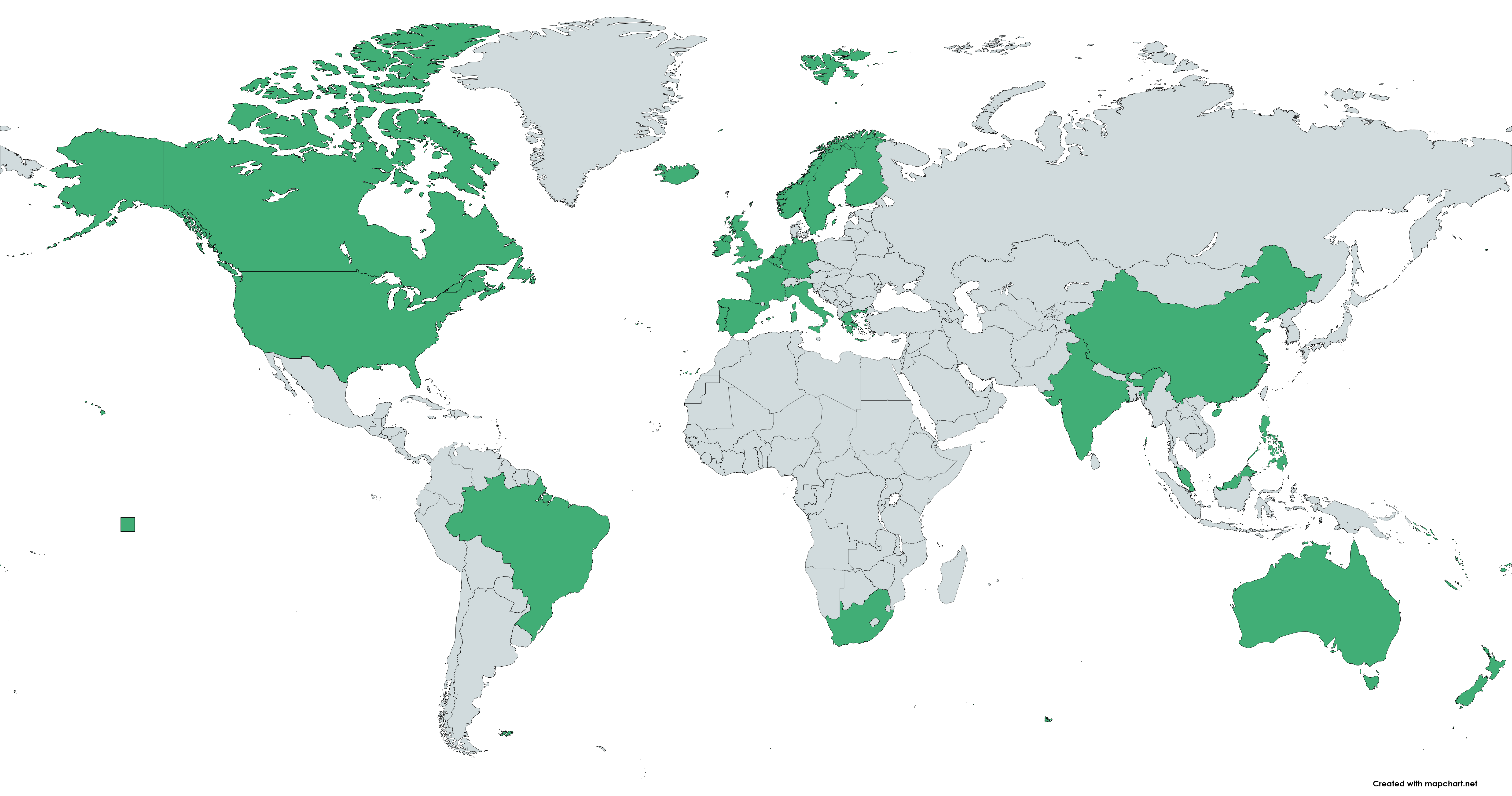Introduction
As students prepare to enter universities, colleges, and internships, developing strong Business English communication skills becomes more crucial than ever before. In this report, I will dive deep into the significance of Business English and discover effective strategies to excel in the global business environment.

This project's goal is to unravel the secrets of successful business communication for students, showcasing Business English as a transformative skill with abundant opportunities. Recognizing the challenges in academic and professional settings underscores the crucial role of effective communication in achieving success. Business English emerges as a pivotal factor in excelling in interviews, presentations, and report writing. The report's primary objective is to delve into Business English intricacies, empowering readers with essential skills for diverse business contexts. Practical knowledge, valuable insights, and actionable tips will cultivate confident communicators who stand out among peers. Embarking on a comprehensive journey, the report explores the essence and significance of Business English in the global business landscape. It encompasses effective communication strategies, oral and written, reflecting professional finesse. The exploration extends to diverse Business English training programs, from formal courses to online platforms. Real-world scenarios, case studies, and role-playing exercises bridge theory and practice. Backed by academic studies, industry reports, and expert opinions, the report offers a rigorous analysis of different approaches to Business English instruction. Practical recommendations empower readers to make a lasting impact in the professional domain.
















